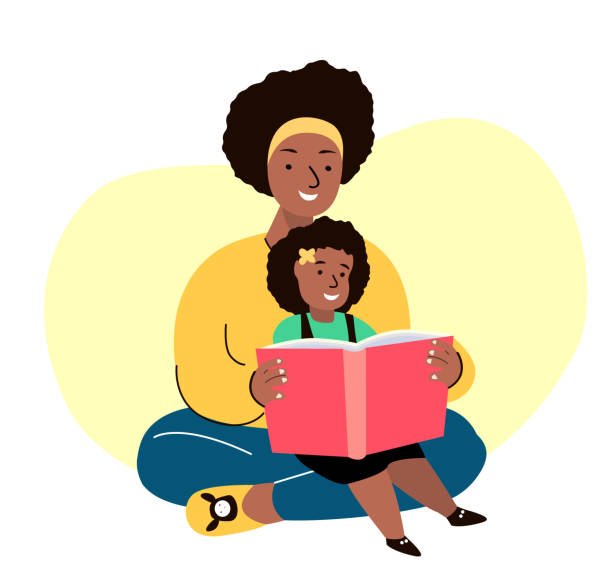How Can Reading Stories Help Us Develop Our Language Skills?
Skip to content
Skip to footer
How Can Reading Stories Help Us Develop Our Language Skills?
How Can Reading Stories Help Us Develop Our Language Skills?

